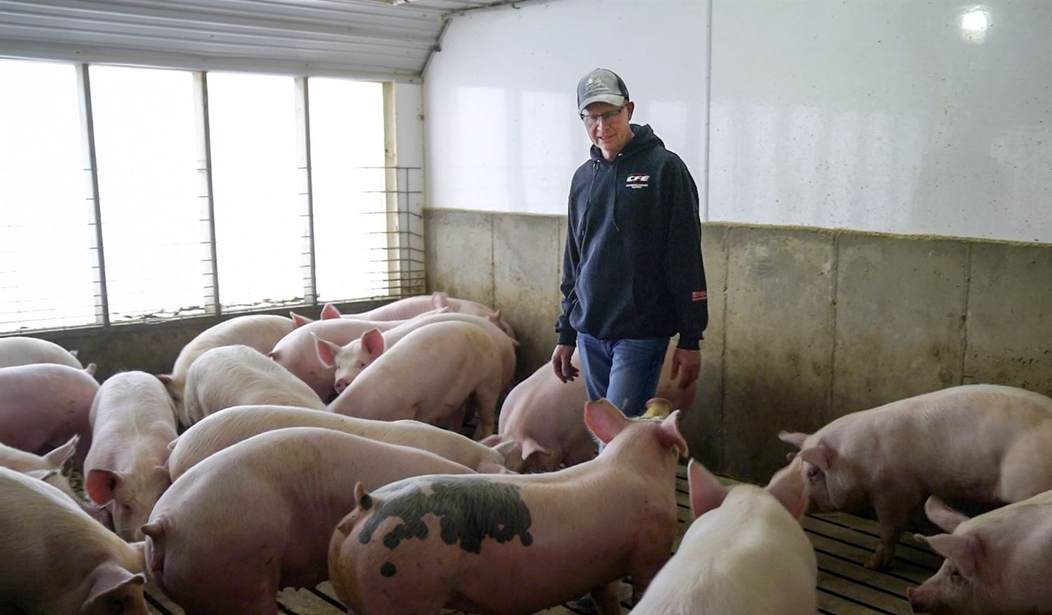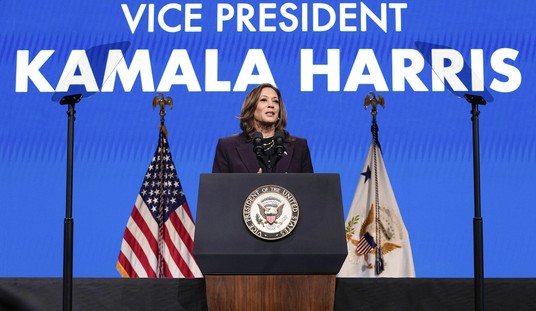MADISON — As government agencies shut down meat-packing plants amid COVID-19 outbreaks, farmers are forced into making some difficult decisions.
Faced with disappearing markets, some producers have no choice but to euthanize their livestock. They’re running out of space and they’re running out of money to feed them.
“We’re selling everything we’re producing, but it’s getting harder to find buyers,” Tom Mueller, owner of Maple Creek Farm in Pewaukee told Empower Wisconsin. Mueller’s operation, famous for its “Party With a Pig!” road signs, has provided southeast Wisconsin with “Prepare-and-Serve” roasting pigs for more than 40 years.
Mueller said he doesn’t think his fellow hog farmers in Wisconsin have resorted to culling their herds, “but it’s going to happen.” He and other farmers he knows have put pigs on “maintenance diets,” but with growing swine in the pipeline, such measures are only temporary fixes.
Farmers elsewhere have had to take more drastic measures. As Reuters reported Tuesday, the world’s biggest meat companies — Smithfield Foods, Cargill Inc., JBS USA and Tyson Foods among them — have halted about 20 slaughterhouses and processing plants in North America since April. Now, fears are growing of a meat shortage as prices rise and some products are harder to find at the grocery store.
Recommended
Gov. Tony Evers’ lockdown orders have exacerbated the problem. Restaurants and bars have been forced to scale back food service to drive-through or carry-out options only. It’s taking a toll on their bottom lines and reducing the market for beef, poultry, pork and other meats. As meatpacking plants like JBS USA in Green Bay close because of coronavirus outbreaks, the market tightens. Consumers will feel the pain, through shortages and higher prices, officials say.
“Millions of pounds of meat will disappear,” Tyson said in a blog post on the company’s website. “In addition to meat shortages, this is a serious food waste issue. Farmers across the nation simply will not have anywhere to sell their livestock to be processed, when they could have fed the nation. Millions of animals – chickens, pigs and cattle – will be depopulated.”
Keri Retallick, executive vice president of the Wisconsin Pork Association, said she doesn’t have any specific knowledge of “depopulation,” but “every day that passes and plants are going offline is the potential that farmers will not be able to get their hogs to market.”
“Our farmers want to take care of their pigs, but if it’s no longer viable for the market, they have to consider depopulation. But that is a last resort for any of our producers,” Retallick said.
Mueller, the Pewaukee-area farmer, said some of the processing plants that have closed have to come back online soon. If they don’t, the pain of the lockdowns and the shutdowns will be even more pronounced for farmers and consumers alike.

























Join the conversation as a VIP Member